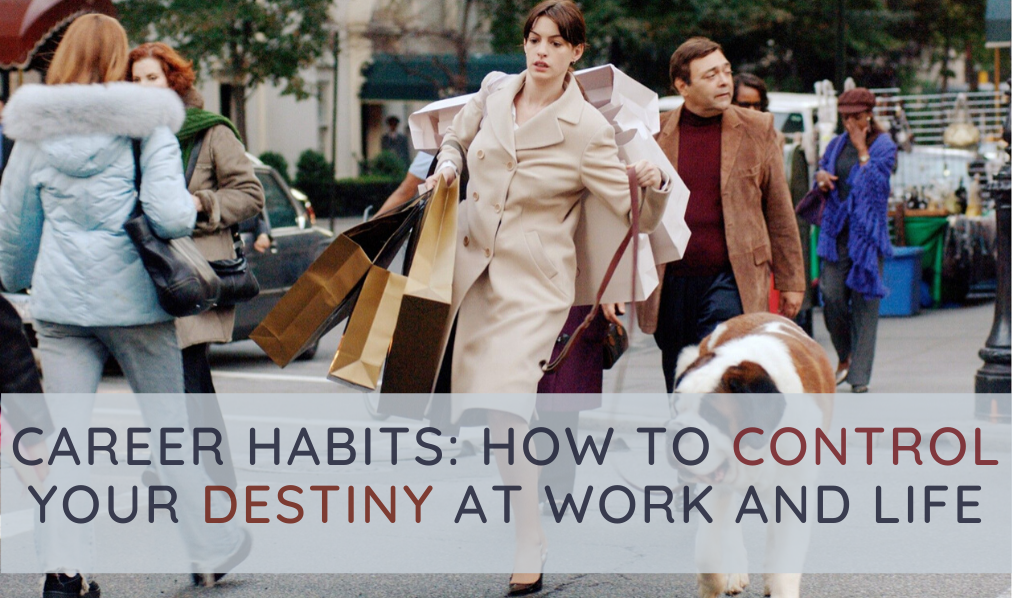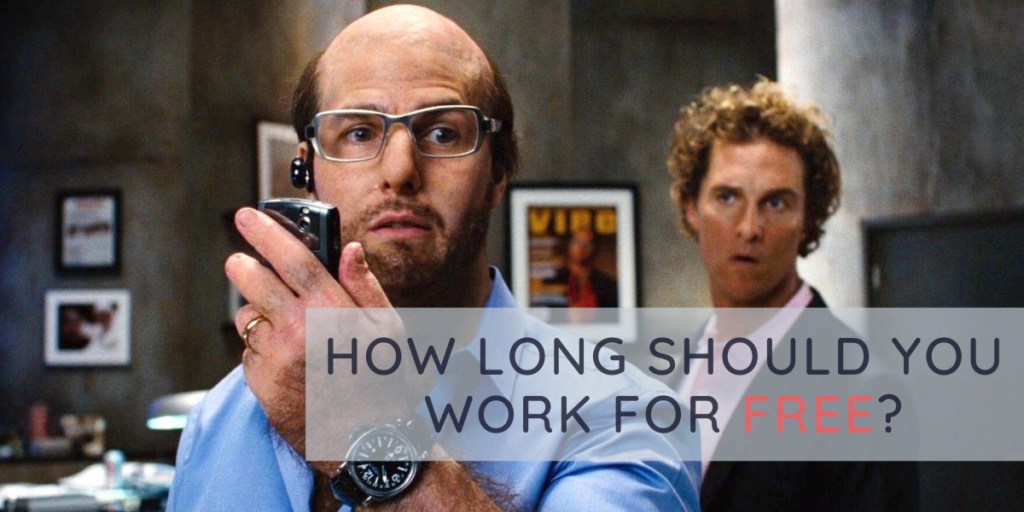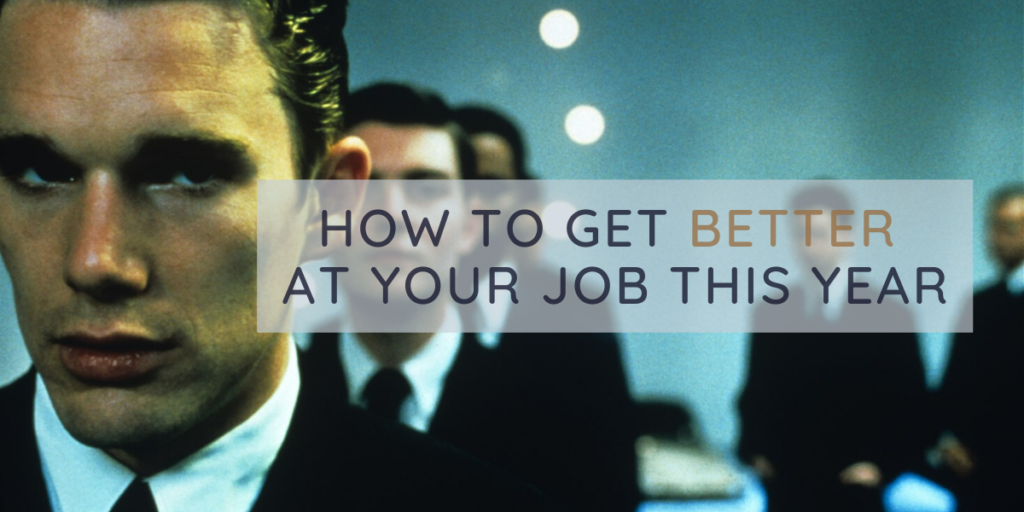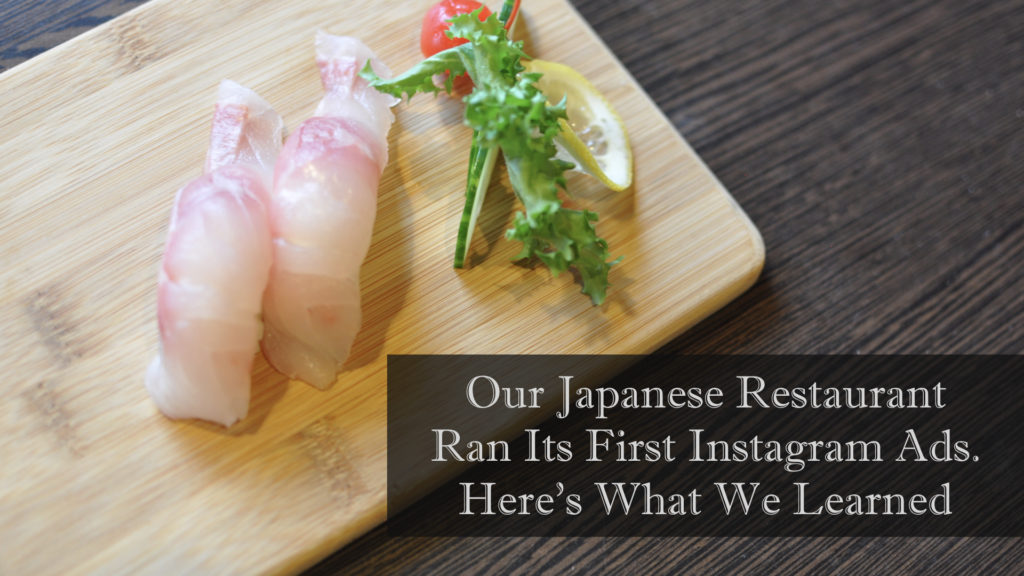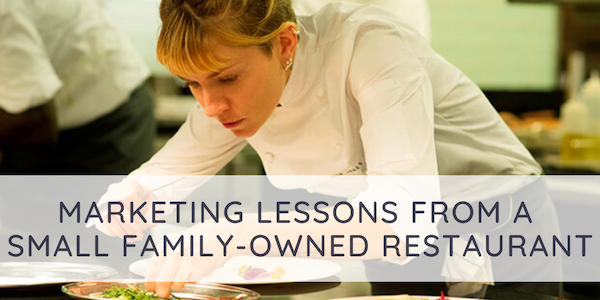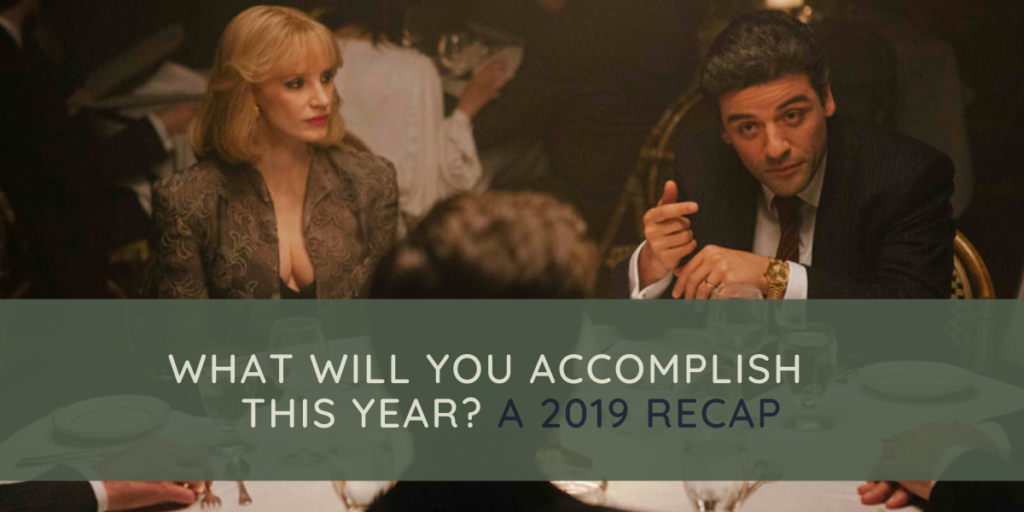Recently, I spoke to three different students from my alma mater.
They wanted advice on getting started in filmmaking, developing online courses, and marketing.
They asked good questions, and most of it centered around a central theme: “what skills should I focus on?”
Skill development is crucial, no doubt. You must have the chops. However, looking back at my career thus far, in the 3-4 industries where I’ve done well, I focused a lot less on skills and more on habits.
I like to think this served me well, despite a scattered career trajectory, for a few reasons:
- Skill sets change but the ingredients to build skills — your habits — remain the same.
- Habits are always under your control. Control your habits, control your destiny.
